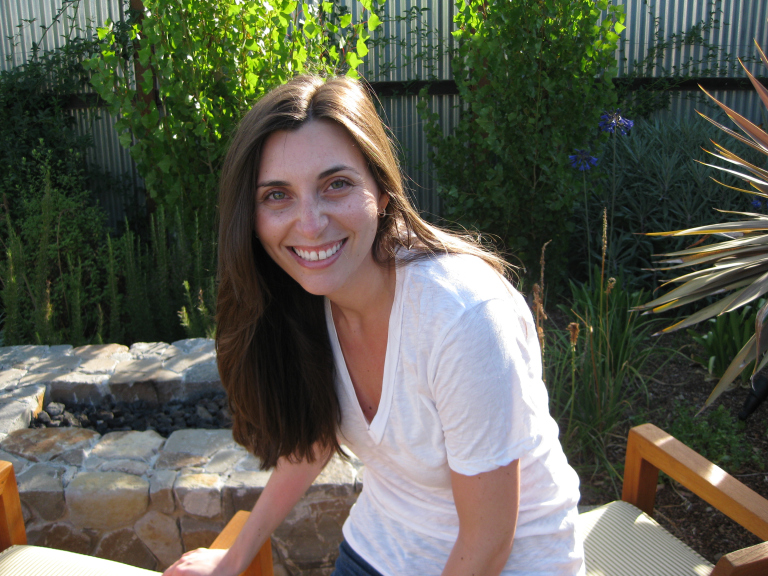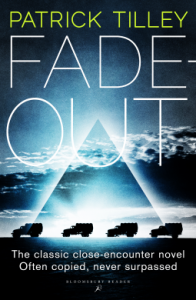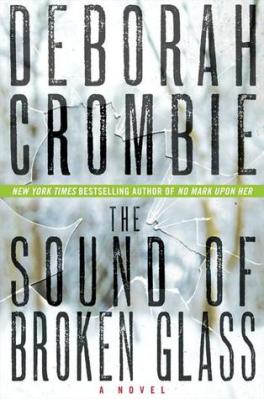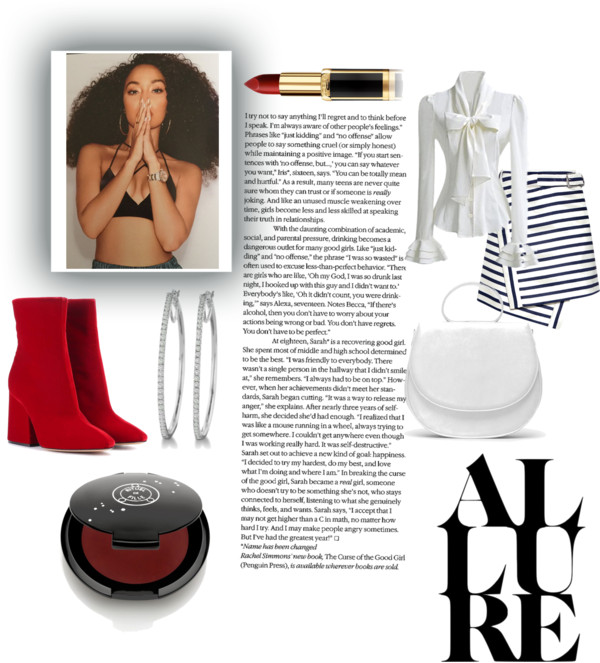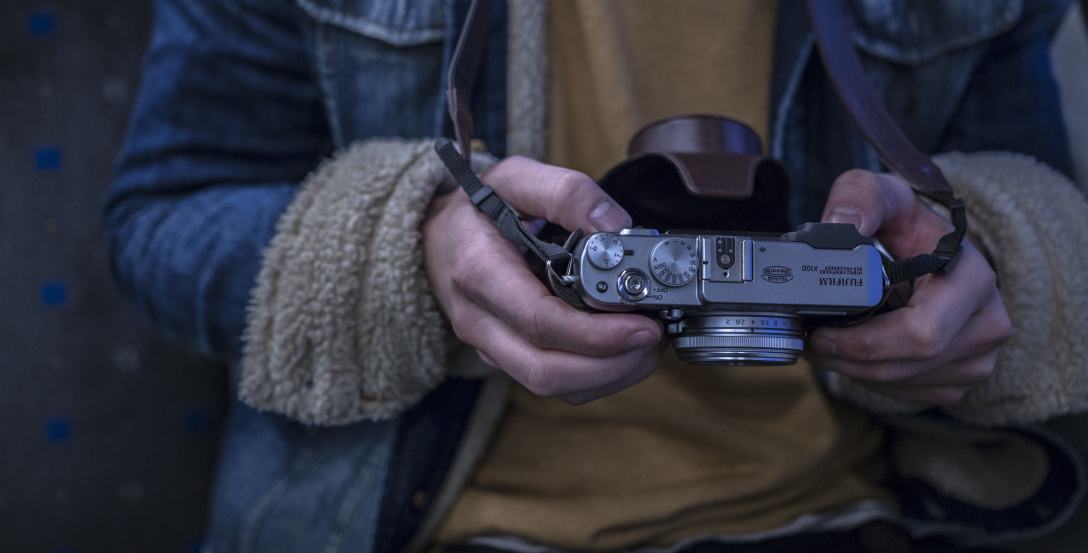
I have a lot of hobbies and at times I feel guilty spending time on them. Why? My best guess is I imagine others questioning the time that I could be spending on my job, working for others, networking, etc.
If you google “benefits of having a hobby”, you will get plenty of articles that explain why it’s important to have one.
A few articles recently resonated with me.
The first is from Austin Kleon called, “In Praise of the Good Old-Fashioned Hobby” in which he states,
“A hobby is something creative that’s just for you. You don’t try to make money or get famous off it, you just do it because it makes you happy. A hobby is something that gives but doesn’t take.”
Kleon links to another article, “Not Everything Is A Side Hustle” by Ann Friedman who reminds us that not only is it okay to have a hobby, but it’s also okay to not make money from them. I have experienced this feeling first hand when finding a hobby I enjoy, then feel pressured to make money from it only to immediately lose interest once I feel the need to monetize it. For instance, if I find an old stereo receiver and clean it up to sell, people will ask me to repair their stereos and sometimes it’s an easy fix, but other times I can’t figure it out and the stress that comes with earning money from repairing someone’s gear takes the fun out of my hobby.
Underneath Ann’s article was a headline I couldn’t help but click on, “Why Hobbies Make You Happy” by Susie Neilson. My favorite takeaway from her article:
“As we begin 2018, it will be tempting to set work-related goals — again, not a bad impulse. But it’s also worth considering this question in the new year — What do you do? — and how to broaden it. Work aside, what else do you do? Why do you do what you do? What else would you like to be doing? If your job is bumming you out, take a step back and remember that your job is just one part of who you are. You’re complex — that’s what makes you human. And the more you realize your own complexity, the happier you will be.”
I am currently reading the book, Tinker, Dabble, Doodle, Try by Sirin Pillay, M.D. who points out that people who engage in a hobby for one or more hours every day may be protected from dementia later in life. The most important takeaway for me was this:
“Deciding to dabble can be a profound choice. It means being willing to try something out and be a student again. In that respect, it is mind-opening, and even though it is unfocused and away from the day-to-day routine, it is a way to take baby steps into ‘openness to experience’ – the sine qua non of creativity. It’s also a way to get out of your comfort zone.”
My hobbies do exactly what Pillay describes above, they make me a student again. I repair vintage tube radios and in order to do so I have researched electricity, learned to solder, read books on radio repair and more.
I also started learning how to shoot film photography again. It started simply by using a Polaroid camera I found at a church yard sale for $1. When I researched how to change the battery, I learned the batteries are contained in the film packs so a new pack of film bought on Amazon brought it back to life. I also researched point and shoot 35mm film cameras to help me shoot film while teaching myself the basics of aperture, asa, lighting and more.
What I noticed is it’s not so much the end result of the hobby that I enjoy, rather it’s the learning along the way that keeps me interested and wanting to dive deeper into these hobbies. For instance, if I find an inexpensive film camera at a thrift store, I’ll often buy it now and bring it home and shoot a roll of film through it just to learn how to operate the camera and see what the photos turn out to be. If I find an old radio, I’ll research online to see when it was manufactured and then learn how to repair.
There are a lot of online articles written today about the power of focus, setting your goals and doing nothing else until those goals are reached. Where do you fit a hobby into this schedule? When reading these articles, I feel guilty about my hobbies. Now I’m taking a step back and realizing that a hobby can often lead to a better insight in my day to day job and provide creative solutions in all areas of life.
After all, it’s fun to be a student again and these hobbies bring out that student in me. Besides, there is no better way to listen to George Jones than on a 1950’s tube radio:
George Jones' Choices playing on WSM through a 1950's AM tube radio =

